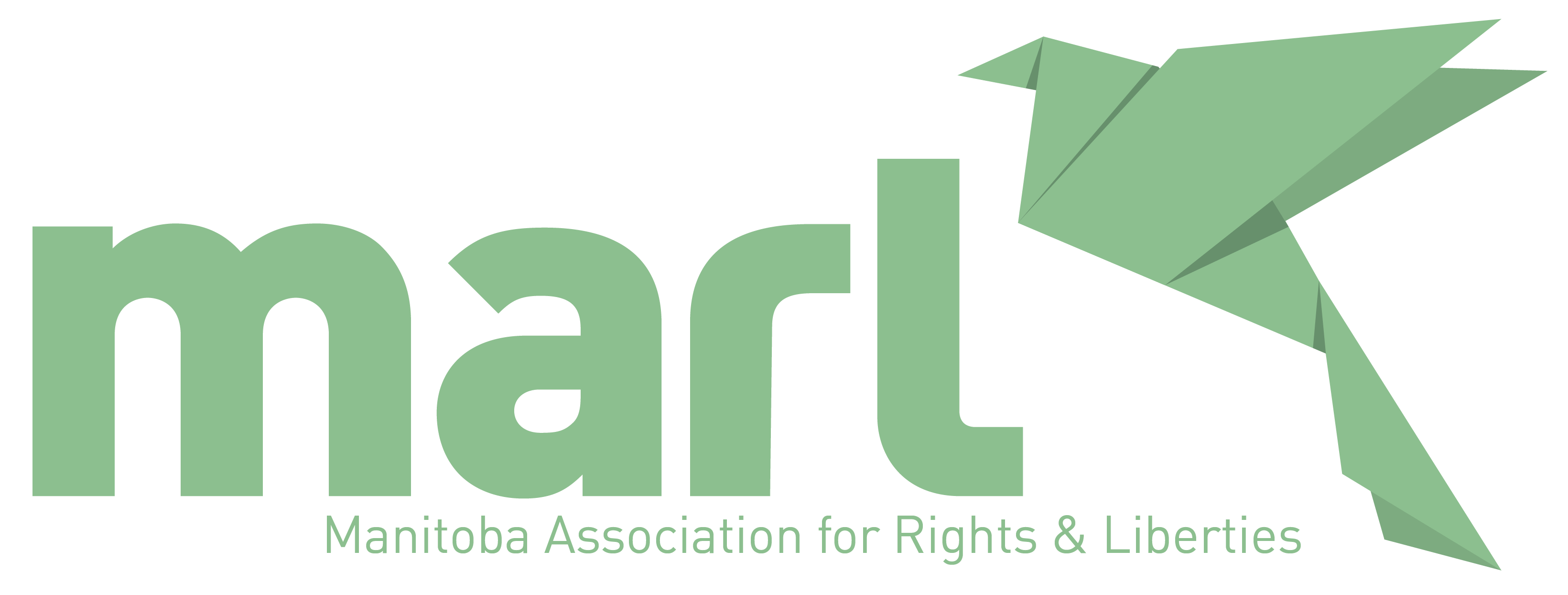July 15, 2020
MARL Welcomes This Year’s Education Program Intern; Cassie Dong
Ha (Cassie) Dong is a graduate student from Vietnam, currently pursuing the Join M.A. in Peace and Conflict Studies at the University of Manitoba and University of Winnipeg. Her current research interests focus on decolonization and internationalization in education. Cassie is excited to become an Education Program Intern with MARL to learn more about human rights education in Manitoba and contribute to local communities. As an Education Program Intern, Cassie will work under the Education Coordinator’s direction to help design a workbook and adapt MARL’s programming for virtual delivery. Please continue reading to learn more about Cassie and her take on human rights.
1 – What does Human Rights mean to you?
Many people say human rights are aspirations. I agree, but I also see human rights as concrete, right-based demands for social change locally and globally. I don’t think anyone would say the fights for human rights are easy, but I believe there is strong evidence for hope. I keep thinking of a quote by Martin Luther King Jr., “We must accept finite disappointment, but never lose infinite hope.” I am excited to see more and more people, particularly young leaders and activists, who make great impacts in the world.
2 – What prompted your involvement in your community?
There can be many fancy answers to this question. However, it all boils down to being compassionate. All human beings should be treated equally and with dignity no matter what circumstances.
As a teenager, I heard a beautiful Chinese song (我等你到三十五岁) written/sang by a group of young Chinese people in memory of Nan Kang, an LGBTQ+ author who committed suicide because he was not being accepted by his family and the society. I remembered the extreme pain I felt when I read Nan Kang’s story. I could not imagine how painful it would be for him to feel like he was alone in this fight for human dignity and human rights. This prompted me to become involved in the community. I recognize the responsibilities that come with my privileges and desire to take action, to let other people know that they are not alone. We can work together to build an equitable, peaceful society.
3 – What is the biggest lesson you’ve learned from community involvement?
The biggest lesson I’ve learned from community involvement is to remember that everyone’s stories and experiences are valid—regardless of sex, gender identity, sexual orientation, nationality, ethnicity, religion, and other status. As a graduate student, being involved in the community gives me opportunities to be people-focus, which is something that can be difficult for scholars and researchers in academia. My various volunteer experiences in Vietnam, Nepal, the United States, and Canada allow me to meet and build meaningful relationships with many people from different backgrounds. Their stories, passion, and courage are reasons for me to be hopeful.
4 – If you could meet anyone in the world, who would it be and why?
I hope someday I will meet Michelle Obama and work with her on an initiative to support girls’ education in Southeast Asia. When she was the First Lady, I looked at her and saw a strong, courageous woman and leader who has inspired many young people, especially young girls of color, with her daring and authentic actions. Now, after reading her book Becoming, I adore how she was open about her vulnerabilities and use her imperfect personal stories to empower other people to fight for social and racial equity. Representation matters, and Michelle Obama proves that girls and women of color are capable of doing great things.
5 – What interested you about the Manitoba Association for Rights and Liberties (MARL)?
I love MARL’s missions and actions in promoting human rights education. As the Dalai Lama XIV said, “Education is the proper way to promote compassion and tolerance in society.” I also think different cultures/communities have different systems and patterns in the exercise of human rights; thus, human rights implementation strategy varies depending on local traditions and values. Therefore, MARL’s work in Manitoba is extremely important and impactful.
In addition, children and youths tend to be the most vulnerable population in conflicts and violence, but their voices are often not being included in policy-making. I want to see more young people understanding human rights and being empowered to speak out and take action. This is why I am really excited about working as an Education Program Intern.
you may also like…
April 18, 2024
From citizens to digital citizens
Social media provide an opportunity to communicate in multiple ways, just as never before in history. Nonetheless, there are dangers and risks as well. We should be aware of them to protect ourselves …
April 18, 2024
Des citoyens aux citoyens numériques
Les réseaux sociaux offrent la possibilité de communiquer de manières très diverses, comme jamais auparavant dans l’histoire. Néanmoins, ils comportent aussi des dangers et des risques. Il faut en être conscients pour nos …





